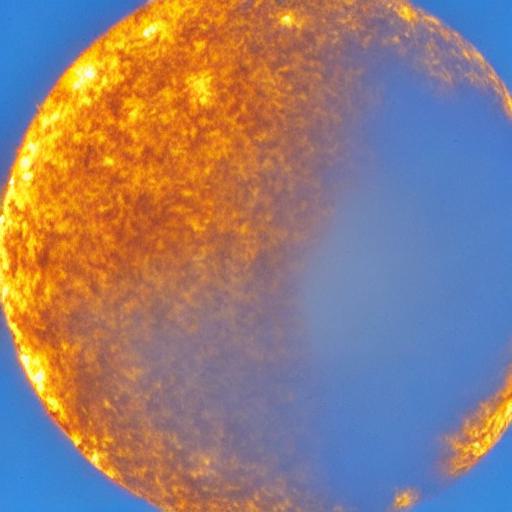
In early January 2020, Australia burned. It had already burned for months. It would burn for another month – until some of the heaviest rains ever seen doused the flames. In the middle of those fires, with no end in sight, I wrote The Suggestion Box. “How great is Australia?” it opined, and then gave five suggestions to make it even better:
- A government of national unity to see us through the crisis;
- A decarbonisation goal of 90% by 2030;
- Australia takes an international leadership role in solution-finding;
- Appointment of a Council of Advisors on the climate crisis;
- Establishment of a new holiday: ‘Perihelia’ – to reflect, celebrate and affirm Australians’ commitment to their new path.
Less than a month after sharing The Suggestion Box, the COVID-19 pandemic began its rapid spread through the world, bringing everything else to a stop.
On the far side of that, in another early January, it’s time once again to celebrate ‘Perihelia’ – so named because it marks the three days when Earth makes its closest approach to the Sun.
January 3rd, the first day of Perihelia – today! – is marked out for:
Truth and reconciliation; the facts about our climate, our carbon, where we fell short of our goals – and why.
We already know that we emitted a lot of carbon in 2022; very likely it will top the record books as the most climate-intensive year of the Anthropocene – thus far.
We know we should be emitting less carbon, we know why, we know how it is affecting our planet, our culture and our individual lives. We even know what we can do to change our ways. All of that is to the good. Sixty years ago we knew none of this. Today we can see – if not yet completely understand – all of the inputs and feedbacks that produce climate.
While understanding is good, gaps in understanding do not mean we can not act. Sixty years ago, we knew that cigarette smoking causes lung cancer – and that we shouldn’t smoke. We knew to act, and how to act, long before we understood anything about tumorigenesis, or the genetics of cancer.
In 2022 we knew to act, and we did in parts, but in other, larger parts, we did not. If we keep to this path, we will zoom past the various target levels set by international agreement: 1.5ºC, 2º, and perhaps even higher. The world will burn.
Or rather, the world will burn more, for the world is already burning.
It hurts to write that. It hurts to admit it. But that hurt – it’s necessary.
By design, Perihelia brings a needed focus not just onto our actions as a species – which are easy to elide, being blamed upon others – but onto our actions as individuals.
I try, within boundaries, to limit my carbon emissions. I purchase renewable, zero-carbon electricity to power my entirely electrified home, don’t own a car, eat a vegetarian diet, and in general try to minimize my carbon emissions. But I do fly – both for work and for pleasure.
This year I flew to Melbourne a few times, Brisbane a few times, Canberra a few times, and overseas to Bali (6 hours) and Hawai’i (9 hours). For each of these flights I purchased carbon credits – costing anywhere from a few dollars to a few tens of dollars – hoping that the carbon emitted by my flights would be canceled out by the credits purchased.
I know this is very likely wishful thinking, that the edges between my money and my carbon footprint do not match as neatly as I’d like – or as the climate requires. This is my own particular confession, my sticking point. I travel because I work, and I work because I am willing to travel. This is the loop I traverse in my mind – and through the air.
None of that air travel was necessary or even possible in 2020 or 2021, because of pandemic restrictions – and yet I still worked. There is scope for change here, far more scope than we might have suspected before 2020. Knowing this – having lived through this – means we can face into a broader range of options than we understood or even suspected three years ago.
So Perihelia begins – in broad failures and modest specific successes, but with an eye on a future that looks quite different to the past.
